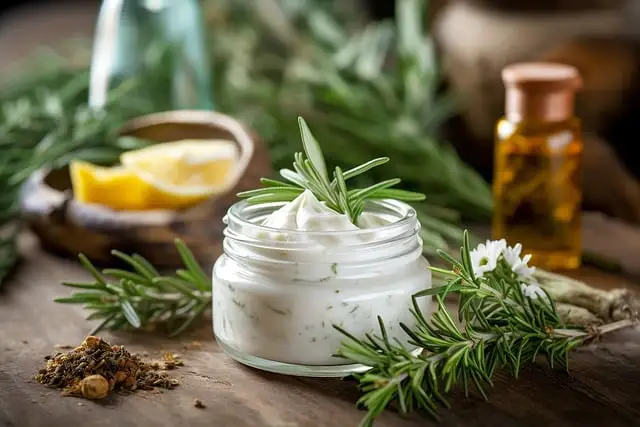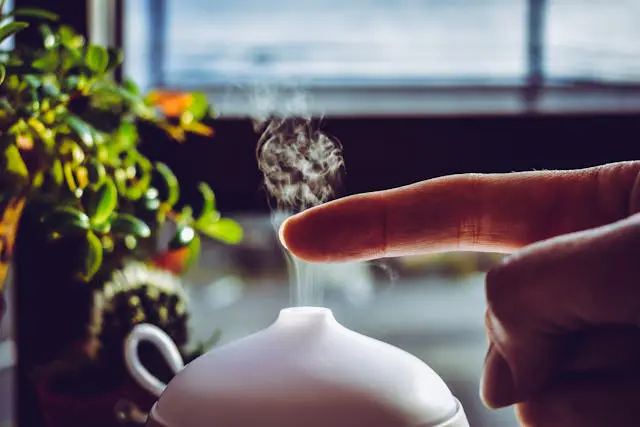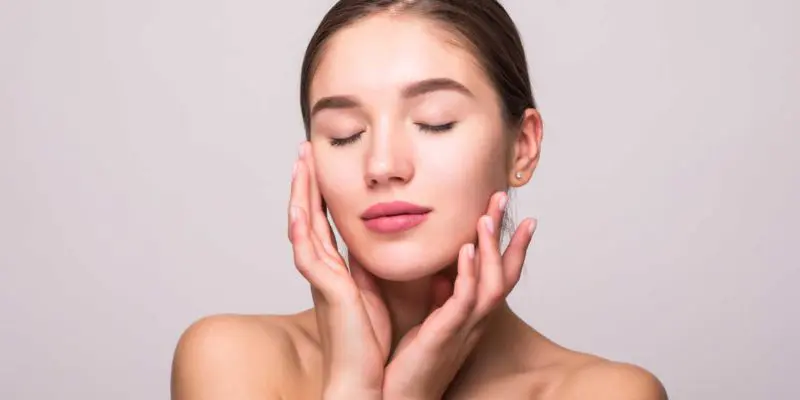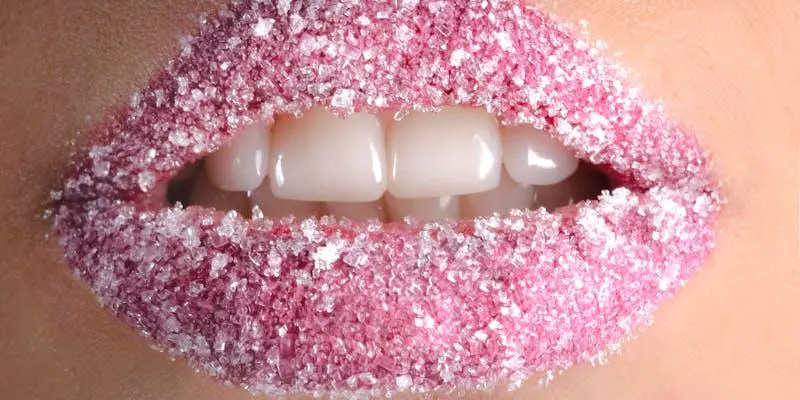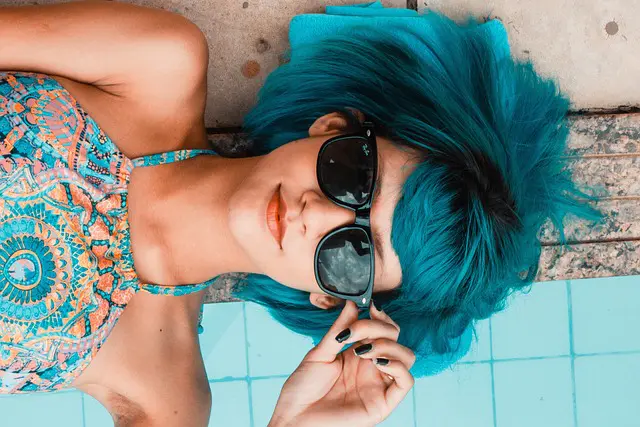The beauty sector is undergoing a radical transformation, propelled by shifting trends, groundbreaking innovations, and evolving consumer preferences. The industry, once centered on superficial aesthetics, has expanded into a complex arena where technology, inclusivity, sustainability, and mental health are converging. The contemporary beauty landscape is more vibrant and progressive, with consumers redefining the essence of beauty—questioning its traditional definitions, expanding its boundaries, and exploring new ways to connect with it.
This article delves into the pivotal changes reshaping the beauty sector, from the ascendance of health-centric beauty offerings to the escalating appetite for purity and ethicality. We will also examine how technology, especially AI and AR, is reconfiguring consumer engagement with beauty products. Fasten your seatbelts as we journey into the future of beauty, which is not just an impending reality but a present one.
1. The Expanding Synergy Between Beauty and Well-being
Historically, beauty was confined to external appearances. However, the industry has witnessed a paradigm shift, with an increasing number of brands fusing beauty and wellness. Embracing a holistic approach to self-care, beauty has transcended mere products to become a lifestyle that fosters the well-being of body, mind, and spirit.
Holistic Beauty and Nutrition
Nutraceuticals, or beauty supplements, have surged in popularity, aligning with the broader wellness movement. Consumers are recognizing that beauty is not just about topical applications but also about internal nourishment. From collagen-enhancing powders to vitamin C-rich antioxidants, these supplements have become integral to daily regimens. Brands are pioneering in this domain, presenting edible beauty solutions that promise radiant skin, robust nails, and lustrous hair.
Concurrently, the significance of gut health in skin health has gained recognition. Probiotic skincare and supplements targeting the microbiome are gaining traction. The gut-skin axis has inspired the development of microbiome-friendly products aimed at achieving skin balance, mitigating acne, inflammation, and signs of premature aging.
Stress Management and Beauty
As mental health and stress reduction gain prominence in well-being dialogues, beauty brands are integrating wellness into their offerings. Consider calming facial oils infused with lavender, sleep-promoting face masks, and soothing skincare designed to provide a moment of peace amidst chaos.
The beauty regimen itself has morphed into a self-care ritual. Practices like evening skincare routines or morning makeup applications are reenvisioned as mindful acts of self-compassion. This evolution underscores that beauty encompasses nurturing one’s mental health as much as it does physical appearance.
2. Clean Beauty: More Than a Trend
Clean beauty has transitioned from a niche fad to a widespread movement. Consumers are increasingly conscientious about product ingredients and the environmental impact of the brands they patronize. Consequently, the clean beauty market is flourishing and evolving to encompass sustainability, transparency, and ethical considerations.
Ingredient Disclosure and Security
Consumer demand for transparency is a key catalyst for clean beauty. Today’s consumers are better informed about the ingredients in their skincare and cosmetics. Brands that are transparent about their sourcing, production, and testing processes are winning trust and market share. Ingredients like parabens, sulfates, phthalates, and synthetic fragrances, once ubiquitous, are now under the microscope. Clean beauty advocates are urging brands to adopt safer, non-toxic alternatives that are equally effective without harmful repercussions.
However, "clean" signifies more than the absence of harmful chemicals. It represents a comprehensive approach to product development—advocating for plant-based ingredients, cruelty-free practices, and ethical sourcing. An increasing number of brands are formulating sustainable products, pursuing cruelty-free certifications, and ensuring ethical supply chains.
Ecological Practices
Clean beauty is not just about ingredients—it’s about manufacturing processes. Sustainable packaging is a trending topic, with companies striving for zero-waste solutions. Beauty brands are introducing refillable packaging, glass containers, and biodegradable materials to reduce environmental footprints. The industry’s reliance on plastic is under scrutiny, with companies opting for alternatives like aluminum or bamboo or offering product refill services to minimize container purchases.
Furthermore, ethical sourcing and carbon footprint reduction are becoming critical
Recent
See All2025-08-16
Discovering the Skincare Advantages of Facial Steamers and Humidifiers
2025-08-16
Skincare Strategies for Acne-Prone Skin in Rainy Weather: A Comprehensive Guide
2025-08-16
Discovering the Mysteries of Collagen: Its Essential Functions, Abundant Sources, and Types for a Glowing Life
2025-08-16
Anti-Aging Skincare: Separating Hype from Reality
2025-08-16
Harnessing Nutrition for a Radiant Skin: Dietary Choices for a Luminous Appearance
2025-08-16
Unlocking the Power of Hydration for Skin Health
2025-08-16
The Impact of Sleep on Skin Health: Why Quality Slumber is Key to Radiant Skin
2025-08-16
Mastering the Art of Lipstick: Tips for Longer Wear and Plump Lips
2025-08-16
Embracing the Natural Evolution: Redefining Beauty Through the Ages
2025-08-16
Embracing Sustainability: A Guide to an Eco-Friendly Lifestyle
Newsletter
Get life tips delivered directly to your inbox!
